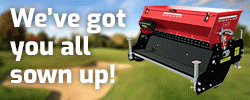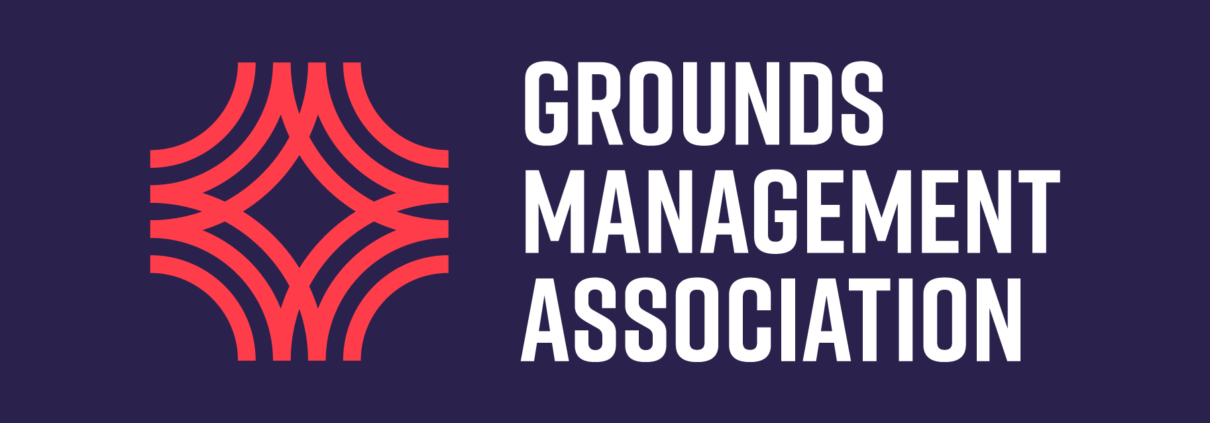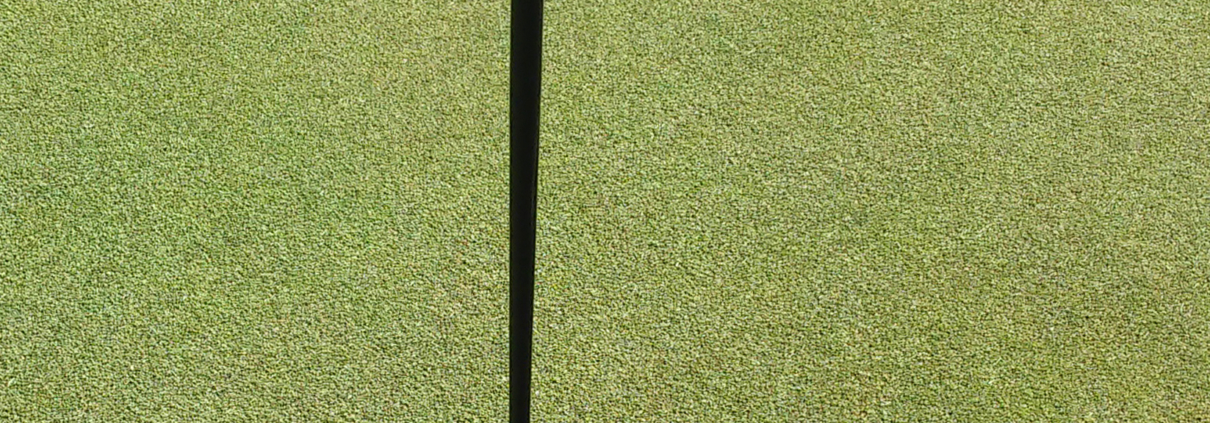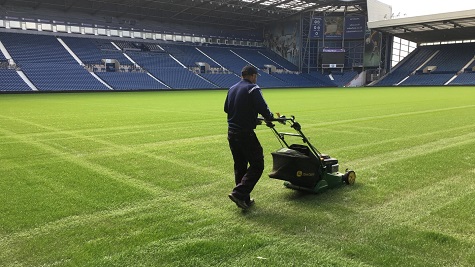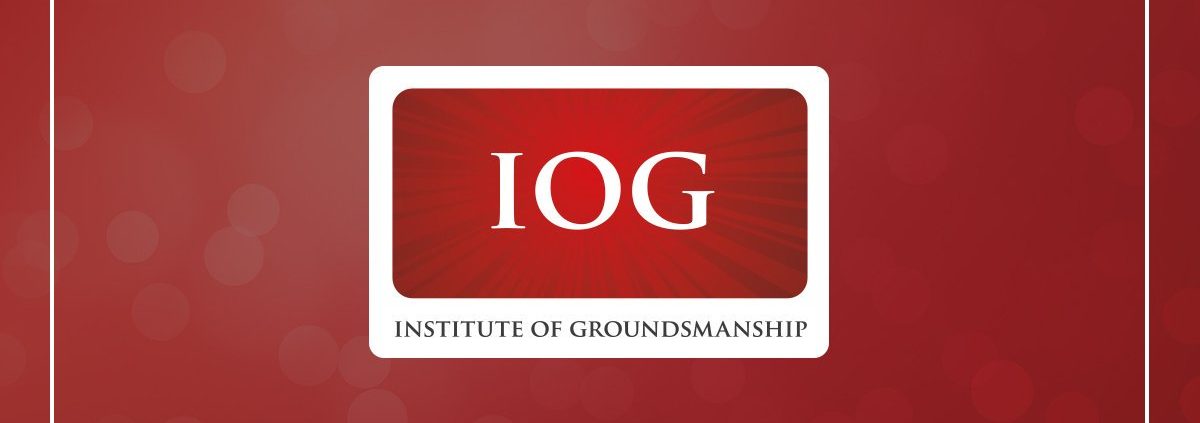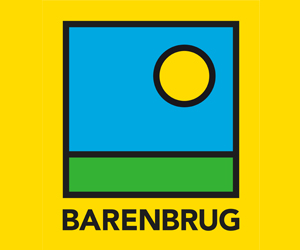IOG recommend 2.5% pay rise: The Institute of Groundsmanship (IOG), the leading membership organisation for everyone involved in the management of sports pitches, landscape and amenity facilities in the UK, is recommending a 2.5 per cent increase in grounds staff’s national minimum salary bands for 2020.
In addition, says the IOG, the amount paid in recognition of IOG qualifications should increase to £600 per band (a 4.3% increase) to ensure an ongoing focus on training and professional development. The total amount received should be directly linked to the highest qualification level held and equates to £600 for each level attained (eg £2,400 for a Level 4 qualification).
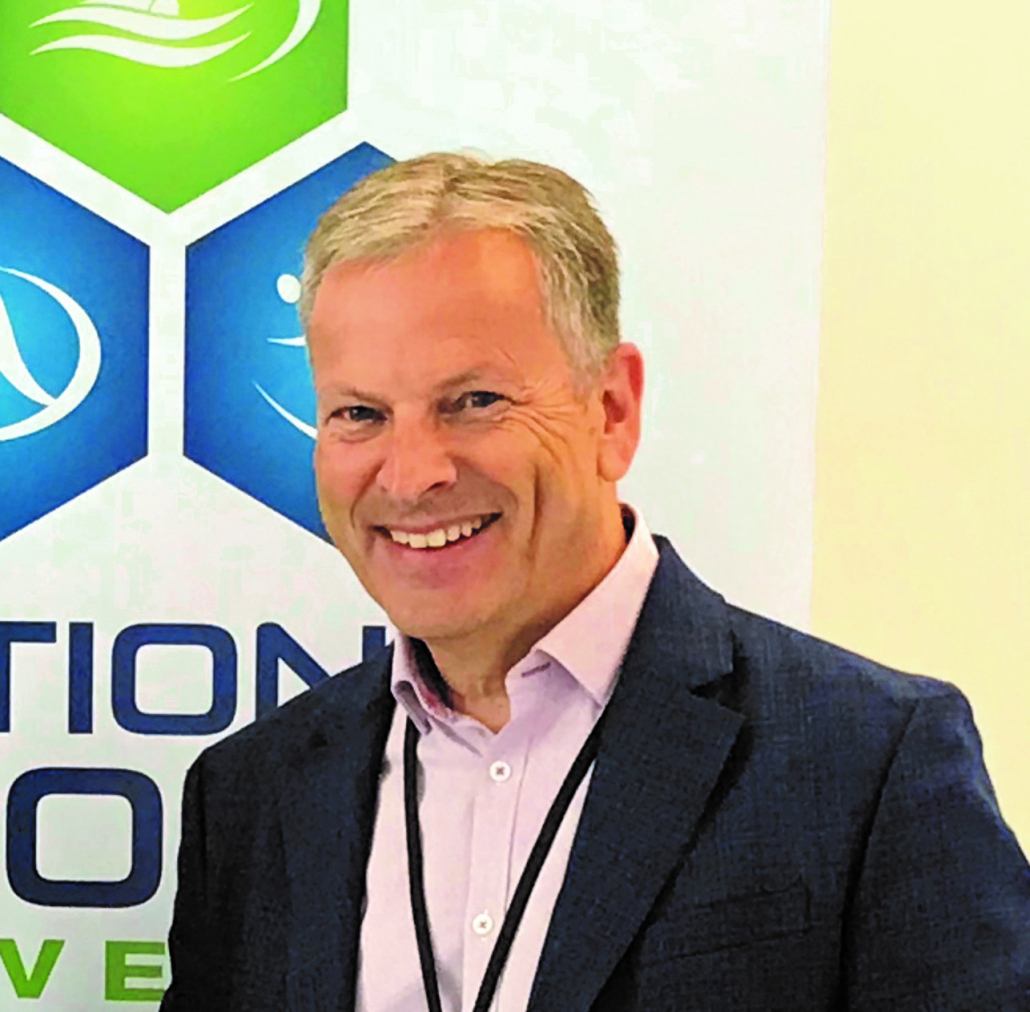
The IOG’s recommendations have been made against a backdrop of “considerable uncertainty in both the economic and political context”, says the IOG which adds: “The election result could have a significant impact on public investment, expenditure, economic growth and inflation, and this has made accurate predictions for the coming year much harder than usual.”
Median projected pay awards for 2020 are around 2%, with most forward-looking basic pay settlements being between 2-4%. Over half of employers predict that their 2020 pay award will be between 2-3%, so the IOG’s recommended uprating should ensure pay rates remain competitive.
It also sits between the projected CPI (Consumer Price Inflation) figure for 2019 of 2.1% and the recent increase in the voluntary Living Wage (3.3%), and should take account of any increase in the cost of living. This is particularly important in light of the fall of 0.4% in median gross pay for grounds staff in the Annual Survey of Hours and Earnings.
The IOG recommended national basic salary bands for 2020 are:
Grounds manager
£36,676-£56,817
Head groundsperson
£31,280-£42,932
Deputy head groundsperson/sole charge
£25,591-£32,662
Groundsperson (skilled)
£23,932-£30,530
Groundsperson
£19,174-£24,460
Junior groundsperson
£16,303 (Age 17)
Junior groundsperson (aged 16)
£13,538.
These bands reflect minimum recommended basic salary payment and are based on a 37.5-hour week. Bonuses, overtime and subsistence payments have not been included and are therefore additional.
Regional pay variations have been taken into account, with higher cost areas of the country expected to make salary awards at the upper levels of the appropriate band. Regional differentials are: London Inner £3,941; London Outer £2,353; Fringe Areas £704 – £1,413. Other UK regions are broadly similar in their pay levels.
The recommended minimum pay rate for a groundsperson in London should be set at £21,000 (Outer) and £22,500 (inner). The IOG would also encourage employers to become a Living Wage Employer by gaining accreditation from the Living Wage Foundation. This has been shown to enhance job satisfaction and improves the reputation of the employer.
Given the current climate of economic and political uncertainty and on-going fiscal restraint, the IOG says it is of critical importance to job satisfaction levels that employers ensure they are meeting their obligations in ensuring fair payment for overtime worked and maintaining a healthy work-life balance. This should be done in partnership with employees with agreements reached about the balance between overtime pay, time off in lieu and flexible working.
These salary recommendations follow the publication of the IOG’s 2019 industry-wide survey, Groundsmanship – Sport’s Vital Profession, which highlighted a number of areas of concern in relation to the pay and career structure within the groundscare industry.
Says IOG chief executive Geoff Webb: “Over half of head grounds staff earn more than £25,000 per annum and a fifth earn over £40,000. Feedback during interviews indicated that some head grounds staff are earning considerably more than £40,000. Clearly, the range of salaries is very wide and individuals doing similar jobs, sometimes for similar employers, can be earning significantly different salaries.
He adds: “It is not clear if there is a recognised career structure within the sector, and it is important that there is clear career progression that rewards learning and development, and a review is recommended to explore how this can best be achieved.”
Geoff continues: “The IOG will be commissioning further research, based on the salaries achieved by the head grounds people at elite sports venues and the recognised status of their roles.
“The IOG considers it vital that in certain areas of the industry – such as at elite sports venues with worldwide focus – that there should be further analysis of roles and responsibilities, comparing not only salary levels but also the relative status of the roles within such venues,” he says.
“Indeed, in certain situations, it may be argued that there should be no upper wage cap because the demands at individual sites are unique and evidence suggests that wages at UK venues compared to overseas sites differ greatly and, in the UK, are certainly below the earning potential of the head grounds person’s role overseas.
“Given the excellent work of UK grounds staff and the iconic sports venues they maintain, it is important that this issue is addressed. So, the IOG will be commissioning further research into this area during the coming year and the results will be factored into the salary recommendations in future reports.”
The research was carried out independently by Myriad Research (www.myriadresearch.co.uk) using a number of data sources for analysis. IOG members can access the full report and view the bands via their online member portal. For information on how to become a member and gain access to this report, please email iog@iog.org or call 01908 512 311 for more information.
If you would like a copy of the IOG’s 2019 industry-wide survey, Groundsmanship – Sport’s Vital Profession, please contact the IOG – email iog@iog.org or call 01908 512 311.
For the latest industry news visit turfmatters.co.uk/news
Get all of the big headlines, pictures, opinions and videos on stories that matter to you.
Follow us on Twitter and Instagram for fun, fresh and engaging content.
You can also find us on Facebook for more of your must-see news, features, videos and pictures from Turf Matters.

